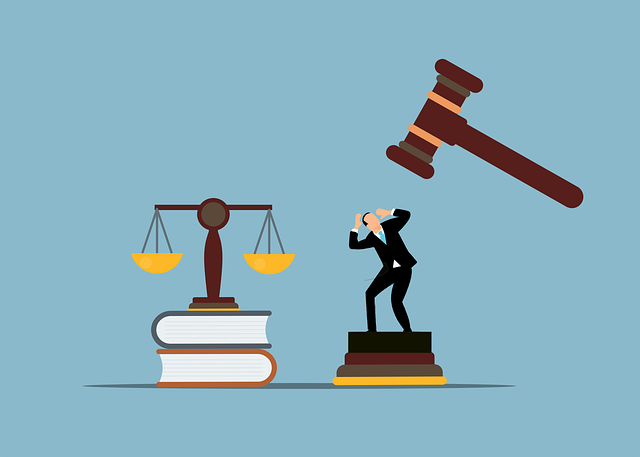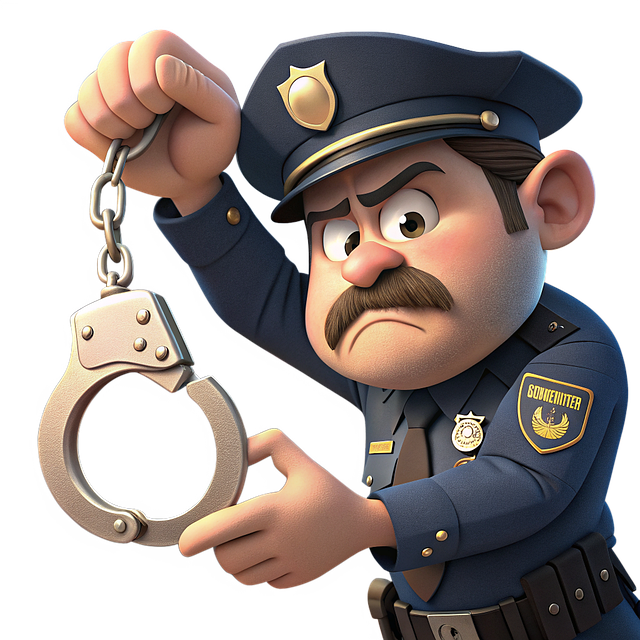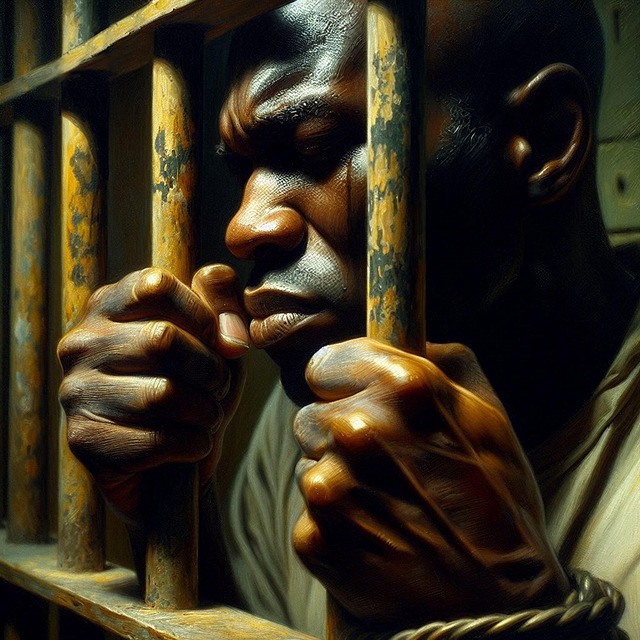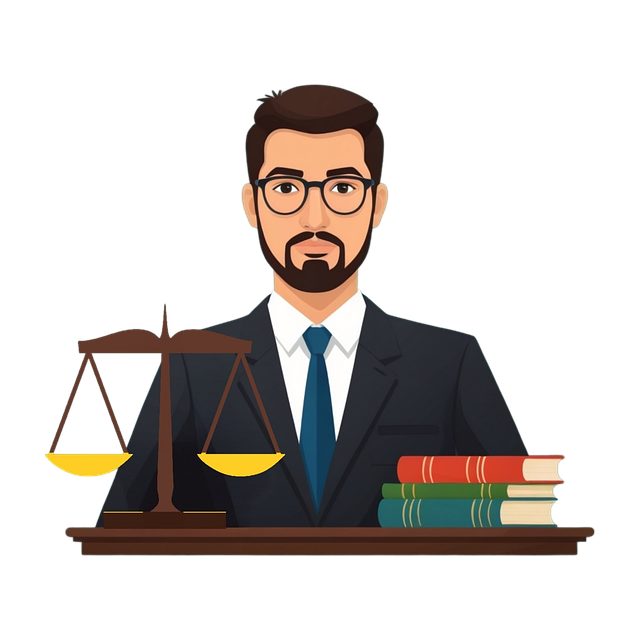Public corruption cases involving intellectual property (IP) lawsuits require a specialized approach due to complex legalities. Understanding specific steps to file is key, from gathering evidence like financial records and digital communications, to consulting a lawyer for strategic defense planning. The process involves navigating IP laws, building a solid case based on allegations and extenuating circumstances, and adhering to precise filing procedures. Experienced legal counsel specializing in white-collar defense is crucial for successful outcomes against public corruption charges.
Public corruption charges have far-reaching implications, undermining public trust and damaging societal structures. Understanding these charges requires a grasp of their legal definition and framework, distinct from private criminal offenses. This article guides you through essential steps, from gathering evidence and selecting the right legal strategy to navigating the complex process of filing an intellectual property lawsuit—a crucial component in combating corruption. Learn practical steps to protect your rights and expose wrongdoing.
- Understanding Public Corruption Charges: Definition and Legal Framework
- Gathering Evidence and Documenting Wrongdoings
- Choosing the Right Legal Strategy for Your Case
- Navigating the Filing Process for Intellectual Property Lawsuits in Such Cases
Understanding Public Corruption Charges: Definition and Legal Framework

Public corruption charges refer to instances where public officials or individuals in positions of power misuse their authority for personal gain. This can include bribery, fraud, abuse of office, and other forms of illegal conduct that compromise the integrity of public institutions. The legal framework surrounding these charges is designed to hold accountable those who subvert democratic processes and erode public trust.
Understanding the steps to file an intellectual property lawsuit is crucial, especially in cases involving corruption. While general criminal defense strategies may apply, specialized knowledge is often required to navigate complex legal landscapes. For corporate and individual clients alike, achieving extraordinary results necessitates a thorough understanding of not only the accusations but also the unique circumstances surrounding each case.
Gathering Evidence and Documenting Wrongdoings
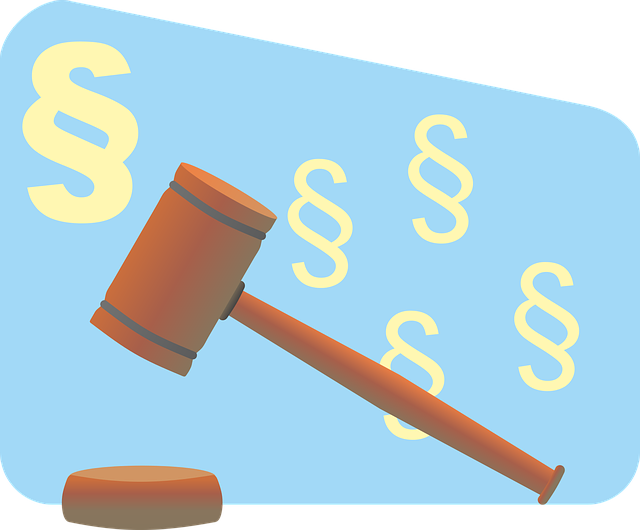
Gathering evidence is a meticulous process that forms the backbone of any successful public corruption charge. It involves sifting through financial records, digital communications, and witness statements to uncover evidence of wrongdoing. The first step in this process is to identify potential sources of evidence relevant to the case. This can include bank statements, email exchanges, meeting minutes, and even social media posts that provide a trail of digital footprints left by corrupt officials.
Once identified, these records must be meticulously documented, organised, and preserved to maintain their integrity. This ensures their admissibility in court proceedings. In cases of public corruption, where the crimes often extend across the country and involve complex financial transactions, gathering evidence becomes a monumental task. It demands a comprehensive strategy that accounts for potential obstruction and the delicate nature of white-collar and economic crime investigations.
Choosing the Right Legal Strategy for Your Case

When facing public corruption charges, one of the most critical decisions you’ll make is selecting the right legal strategy. This choice can significantly impact the outcome of your case and the potential consequences you face. Begin by thoroughly understanding the allegations against you. Public corruption cases often involve complex legal jargon and specific intent requirements, so consulting a lawyer specializing in white-collar defense is essential. They will help you decipher the charges and identify any potential defenses or loopholes that could lead to a complete dismissal of all charges.
The steps to file an Intellectual Property lawsuit should also be considered as part of your strategic planning. Given the sensitive nature of public corruption cases, it’s crucial to involve experts who can navigate the legal landscape while understanding the unique dynamics of philanthropic and political communities. A well-crafted defense strategy might include gathering compelling evidence, challenging the prosecution’s case, and leveraging any extenuating circumstances to achieve a favorable outcome, ultimately safeguarding your reputation and interests.
Navigating the Filing Process for Intellectual Property Lawsuits in Such Cases
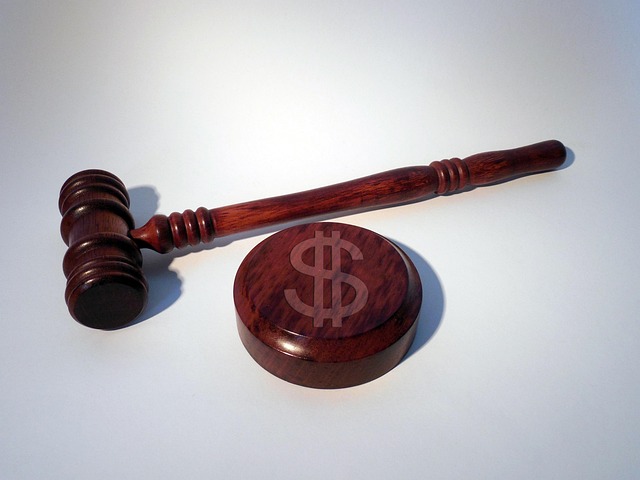
Navigating the legal process for filing an Intellectual Property (IP) lawsuit against individuals accused of public corruption or white-collar crimes can be complex. The first steps involve thoroughly understanding the specific IP laws relevant to the case, such as trademark infringement or copyright violation. Legal professionals should then gather comprehensive evidence, including documentation of the alleged violations and any financial transactions that may have occurred. This process demands meticulous attention to detail, as successful prosecution requires a strong case built on solid legal grounds.
The actual filing of an IP lawsuit entails following precise procedures. The complaint must clearly articulate the allegations, outlining how the accused violated the plaintiff’s intellectual property rights. It is crucial to serve this document to the defendant(s) in accordance with established rules, ensuring proper notification. Throughout these steps, both corporate and individual clients seeking justice for white-collar and economic crimes can rely on experienced legal counsel specializing in white-collar defense to guide them through the intricate navigation of the court system.
